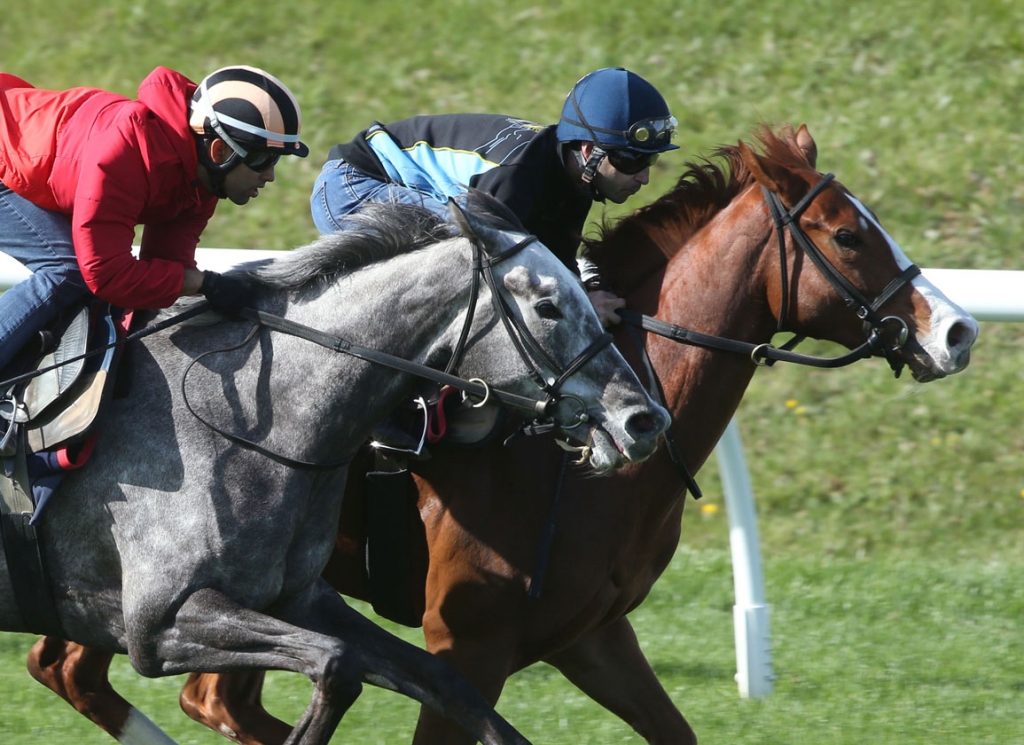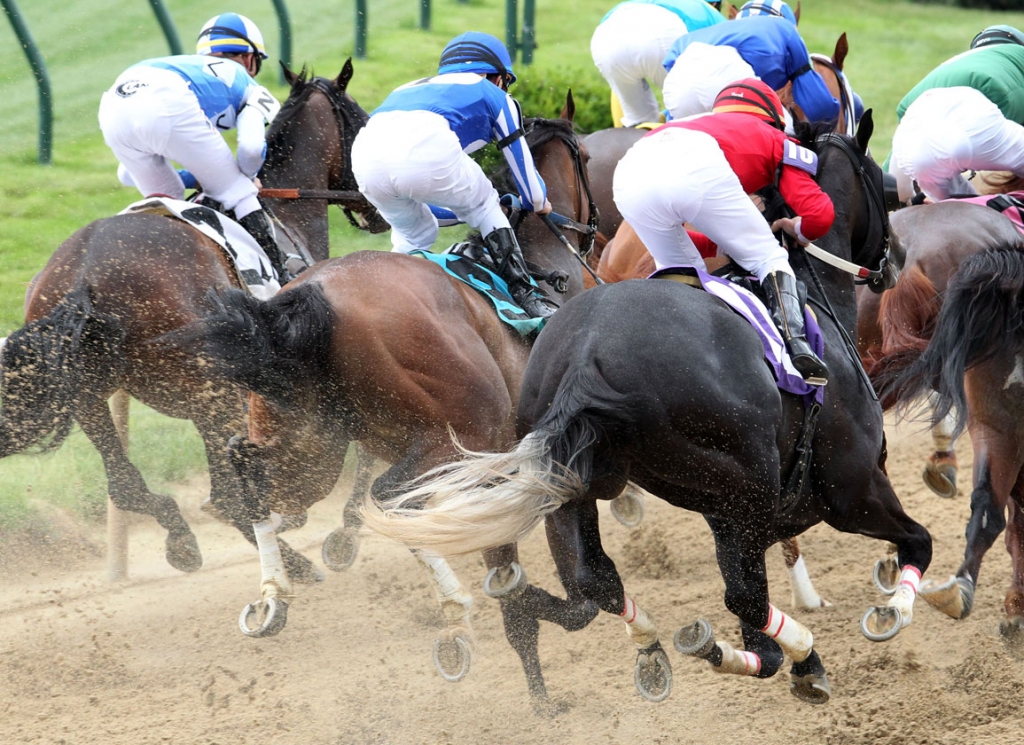Editor's note: Back by popular demand: our column where readers ask The Green Group's Len Green for advice on saving taxes on their equine-related activities.
What changes in the tax law can I take advantage of this year to maximize my tax savings?
–Kerry L., Lexington, KY
2021 has been another exciting year when it comes to providing new laws that can save you taxes.
1. First-year expensing for qualified property placed in use is allowed up to $1,050,000. This would include the purchase of horses and more fixed assets used in your trade or business.
2. Qualified Business Income Deduction
If you are a sole business owner, or have an interest in a Partnership, Limited Liability Company (LLC) or a Sub S Corporation, you may be eligible for a tax deduction of up to 20% of your Qualified Business Income.
It is important to note that, if you are eligible, this is considered a personal deduction and can be used even if you take the standard business deduction.
3. There are also positive changes in:
A. Child tax credit
B. Dependent care credit and exclusion
C. Earned income tax credit
D. Charitable contributions
I own stallion shares. One of the stallions I own was sold abroad this year. Can I replace that with a new season to avoid paying taxes on it anytime during the year?
–John S., New York, NY
Great question.
Prior to this year, there was a section of the tax code (Section 1031) which allowed for the tax-free exchange of like kind assets.
If you meet the rules, it was possible to defer the gain, if there was one.
Under the new rules, Section 1031 only pertains to real estate property.
But can you accomplish your objective in another way.
If you sell the stallion shares, and the sale is for an amount greater than what you paid for the shares, you will have a gain.
If you buy a new share or any personal property (a horse or farm equipment) and it is eligible for a one year write off (Section 179) or for a first-year expense write off, you could possibly offset the above gain with the tax deduction from using either of these methods.
I bought a yearling in September and plan on selling him at the March 2YO Sales. Is that the same season? Or two different years?
–Gregory L., Montclair, NJ
I am assuming like most taxpayers, you are on a calendar year for filing taxes.
So, the buying of the yearling will be recorded in one year and the sale in another year.
If this is your normal business, we can call you a “pinhooker.”
You would record the purchase as inventory in the year bought and the cost of the yearling would offset the selling price the following year when the animal is sold.
If you were not a “pinhooker” but had bought the yearling to race but decided to sell in the next year, there may be different alternatives to the way you handle the transaction.
What is bonus depreciation and how does it affect my boarding business this year?
–Vicky F., Paris, KY
Bonus depreciation is defined as the additional first year depreciation (Section 168(k)) of the Internal Revenue Code.
It can be claimed in addition to any first-year expensing described earlier in the article.
Bonus depreciation can be claimed for eligible property whether it is new or used.
Something new: It also includes “qualified improvement property.”
Items which are included in this special section are:
Any improvements to the internal part of a building of an existing building that was made after the building was placed into service.
Example of qualified assets: fences, watersheds, additional stalls, and barns
I am planning on starting a small thoroughbred business. Can you explain the difference between S Corp and LLCs as they regard to taxes?
Tom C., Louisville, KY
There are many advantages of operating your trade or business as a Limited Liability Company or a Sub S Corporation.
The protection against possible lawsuits in itself is a great reason for doing it. There are also certain tax advantages.
To maximize the tax advantages, you should form an LLC with a least two partners.
By taking the step to form either of these entities, you will be demonstrating you are taking steps to run your operation in a businesslike manner.
You will not be comingling your personal expenses with your business expenses.
LLCs offer more flexibility and many other advantages compared to S Corps. The one advantage of an S Corp vis-a-vis an LLC would be the avoidance of self-employment tax.
Is it too late now to make any changes that will help me to save money on my 2021 taxes?
–Susan M., Chicago, IL
The answer is generally no if you are reporting your income and deductions on the cash method.
But here are a few:
- Check to see if you are eligible to take a deduction for a pension plan for 2021.
The rules are complicated and you must check to make sure you are not covered under another company plan.
But assume you are eligible, certain pension plans (SEP IRAs, IRAs) allow a tax deductions to be claimed for 2021 as long as the pension payment is made before Apr. 15, 2022 (or extended due date for a SEP).
- If you bought certain business equipment and placed it in service, even if you did not pay for all of it before 12/31/21, you may be able to deduct the cost of the equipment in 2021.
- If you paid state estimated tax payments on 1/15/22 and your total tax expense did not exceed $10,000 some portion of the 1/15/22 payment may be tax deductible.
It's not too late to send in your own question before tax season and get an answer from Len Green. Email suefinley@thetdn.com
The post Ask the Expert: 2021 Taxes appeared first on TDN | Thoroughbred Daily News | Horse Racing News, Results and Video | Thoroughbred Breeding and Auctions.



